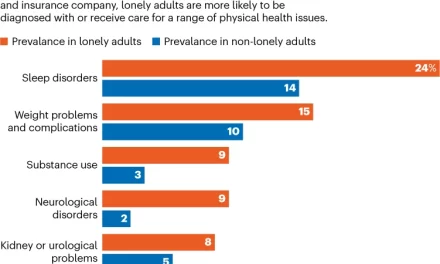June 10, 2024 — In a groundbreaking study published today in Frontiers in Nutrition, researchers from Penn State have discovered that daily consumption of beetroot juice can significantly improve blood vessel function in postmenopausal women, potentially reducing their heightened risk of heart disease.
The study, led by David Proctor, professor of kinesiology and physiology at Penn State, and Jocelyn Delgado Spicuzza, a recent doctoral graduate from the same institution, highlights the cardiovascular benefits of beetroot juice, which is rich in nitrate. This compound is converted by the body into nitric oxide, a molecule that helps blood vessels expand, facilitating better blood flow.
“After menopause, women no longer produce estrogen, which helps maintain nitric oxide in the body,” explained Delgado Spicuzza, the study’s first author. “This loss of nitric oxide production contributes to the substantial increase in heart disease risk for postmenopausal women. Foods rich in nitrate, especially beets, are being investigated as a natural, non-pharmaceutical way to protect the heart and blood vessels.”
The study involved 24 postmenopausal women in their 50s and 60s who consumed concentrated beetroot juice daily. Each serving provided the nitrate equivalent of three large beets. Over a period, participants alternated between drinking nitrate-rich beetroot juice and nitrate-free beetroot juice, with neither the researchers nor the participants knowing which juice was being consumed at any given time.
Using ultrasound sensors, the researchers measured blood flow in the brachial artery of participants after restricting blood flow to the forearm for five minutes. Results showed that nitrate-rich beetroot juice significantly improved blood vessel function compared to the nitrate-free version.
“Women may need to consume beetroot juice daily—or even more often—to experience all of the potential cardiovascular benefits,” said Proctor. “Still, this research shows that beetroot juice can be very useful in protecting blood vessel health of mid-life women during a period of accelerating heart disease risk.”
Interestingly, the study found that both early and late postmenopausal women benefited equally from the beetroot juice. This is particularly significant given that some cardiovascular treatments, like hormone therapy, are only safe shortly after menopause.
Delgado Spicuzza highlighted the broader implications of the findings. “Some clinicians are already recommending beetroot juice to men and women with high blood pressure,” she said. “By providing a safe and effective way to improve blood vessel function, beets could help maintain cardiovascular health in postmenopausal women. When you consider that most women are postmenopausal for at least a third of their lives, you can begin to understand the potential significance of these results.”
The study’s findings have resonated with participants and the wider research community. Delgado Spicuzza received the Mid-Atlantic American College of Sports Medicine 2023 Doctoral Student Investigator Award for her presentation on this research.
“Several of the participants said that they intended to continue consuming beetroot juice after the study concluded,” she noted. “There seems to be a real desire on the part of postmenopausal women to support their cardiovascular health without taking additional medications. In part, I believe beets can be a complementary food to improve blood vessel health in millions of women as they age.”
The research team included experts from Penn State, Edith Cowan University in Australia, Atrium Health Carolinas Medical Center, Wake Forest University, and the University of Leeds. The study was funded by the National Institutes of Health and the Huck Endowment for Nutritional Research in Family and Community Medicine at Penn State College of Medicine and University Park.












